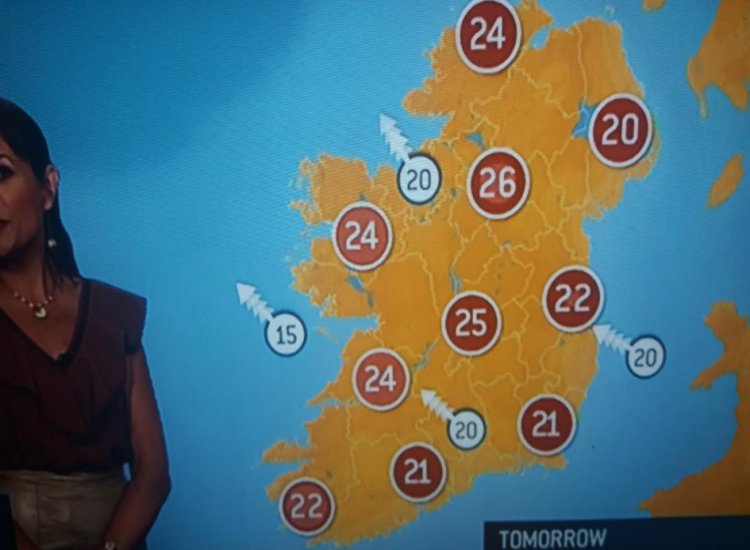

UN Secretary-General Antonio Guterres has called on governments to step up and speed up climate protection.
He calls for deep, sharp emissions cuts to limit global warming to 1.5°C, as well as massive investment in climate change adaptation and resilience.
His statement came after the World Meteorological Organisation (WMO) released the State of the Global Climate 2022 report, which reveals the planetary magnitude of changes on land, oceans and atmosphere that are increasing heat confinement levels greenhouse gases, reports RTE.
The WMO report confirms that the years 2015-2022 were the warmest eight-year period on record, despite the cooling effect of the La Nina event in the previous three years.
2022 was the fifth or sixth warmest year, depending on which measure of warming is used.
The global average temperature in 2022 was 1.15°C above the 1850–1900 average, reports RTE.
Professor Peteri Taalas, Secretary-General of the World Meteorological Organization, said that while greenhouse gas emissions continue to rise and climate change continues, populations around the world are being severely affected by extreme weather and climate events.
He said extreme weather events in 2022 could affect millions of people, exacerbating food insecurity, spurring mass migrations and causing billions of dollars in losses and damage, reports RTE.
Today’s report shows how glacier melting and sea level rise, which will hit record highs again in 2022, will continue for thousands of years.
Since 1970, about 40 reference glaciers have had a cumulative loss of 30 m in thickness, and this rate of glacier retreat is accelerating.
The combination of little winter snow in March, the incursion of Saharan dust and a heatwave between May and early September broke all records last year and melted glaciers in the European Alps.
In Switzerland, for the first time in history, no snow survived the summer melt, even at the highest measuring points, and thus no accumulation of fresh snow either, reports RTE.
The Intergovernmental Panel on Climate Change estimates that between 1993 and 1919, water lost to ice glaciers worldwide would fill Lake Geneva, Europe’s largest lake, 75 times.
Sea level rise is accelerating worldwide.
More than half of sea level rise is due to warming water. More than a third is due to melting glaciers, including the melting of the Greenland and Antarctic ice sheets.
The rest of the sea level rise due to climate change damage is due to changes in the country’s ability to store water.
In July, the temperature in the UK exceeded 40°C for the first time.
On July 18, a temperature of 33 degrees Celsius was recorded in Dublin’s Phoenix Park, the highest temperature in Ireland since 1887.
Elsewhere in Europe, many places broke the previous record by more than 3°C, notably in northern England and western France.
The drought also affected many parts of Europe and the Mediterranean.
Conditions were worst in August, when rivers such as the Rhine, Loire and Danube dropped to critically low levels, severely affecting river traffic, reports RTE.
Tell us your thoughts in the Facebook post and share this with your friends.


